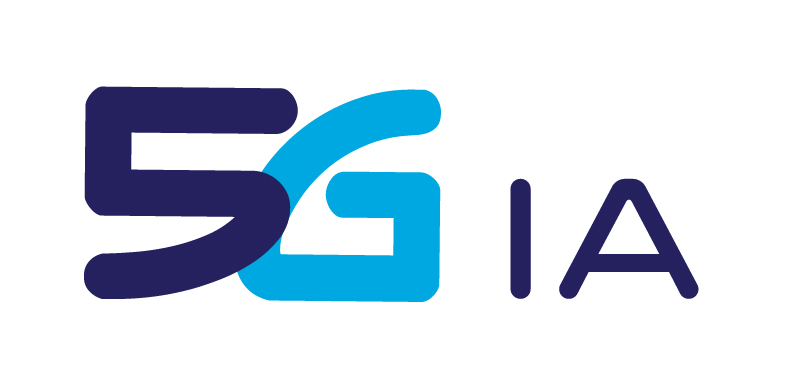
- This event has passed.
Concertation and Consultation on Computing Continuum: From Cloud to Edge to IoT

Scope of the Event
The blurring barriers between Cloud and Edge computing are giving birth to a computing continuum where services and data must be managed and secured efficiently. Especially with new trends like the Metaverse, the demand for (hybrid) cloud computing services and edge computing is expected to skyrocket. As recent studies suggest, new data processing needs are appearing at the edge. This is not only for reducing latency but also to ensure data availability and privacy protection. Running and managing data analytics and AI where it is more efficient and effective is to be supported in the Cloud-Edge-IOT continuum.
Advancing the IoT can avoid skyrocketing communication and storage costs, energy consumption and produce benefits for citizens and businesses thanks to the integration of AI and Machine Learning.
In addition, an open ecosystem built around Open Source and Open Standards is key to unleashing the potential of the European industry in driving green and digital transformation while preserving EU strategic autonomy. Software defined infrastructures based on Open Source and Open Standards will support the next step in the Cloud-Edge-IOT continuum while preventing lock-in and favouring a competitive economy for the benefit of EU citizens.
These trends have called for a shift towards the technical and business convergence of the so-far formally separated Cloud, Edge and IoT domains, towards an open Cloud, Edge and IoT Computing Continuum.
In the recent years, the European community of researchers and innovators at work on the next generation Cloud, Edge and IoT computing has been growing in relevance, diversity and impact. For Europe to ensure its technological sovereignty and ground the vision of a computing continuum as the backbone of an open and inclusive society, it is necessary to overcome fragmentation, bring together organisations and individuals from different communities and leverage Open Source.
The Concertation and Consultation on Computing Continuum: From Cloud to Edge to IoT meeting is a 2-day physical event organised within the context of the European, Cloud, Edge and IoT Continuum initiative by the OpenContinuum consortium in close collaboration with the UNLOCK-CEI and SW Forum projects and guided by the European Commission DG CNECT E.2 and E.4 Units.
Structure of the Days
The first day of the event will be concertation oriented. The invited Horizon Europe RIAs which started in 2023 will have the opportunity to pitch their projects and introduce the plans for the future, while the more mature Horizon 2020 projects and the Horizon Europe projects started in 2022 will discuss their assets, and share lessons learned and success stories. In fact, it will be an important opportunity for the H2020 projects to further exploit and handover their results to the new RIAs, who will have a greater picture of the work they can build upon. CSAs such as EU-IoT, SW Forum and HUB4CLOUD will also demonstrate the accomplishments of the projects they have supported. There will be plenty of opportunities for networking including a cocktail dinner, and, in addition, the EUCloudEdgeIoT Cooperation Mechanisms (task forces) will be discussed.
The second day will shift to a consultation, with the goal to bring forward thinking for the next Horizon Europe Work Programme (2025-2027). Through a Call for Expressions of Interest with new trends, vision and tracks for research, a panel of Experts* will select the best short papers to be presented at the event. The call is open to any interested party, from academic researchers to industrial players, funded EC projects, policy makers and SMEs. Research roadmaps will also be presented by initiatives such as SW Forum, HiPEAC, Gaia-X, Cloud Alliance, NESSI, AIOTI.
Finally, there will be time to award the best pitches and posters from the first day.
*A delegation of experts from research initiatives such as SW Forum, AIOTI, GAIA-X HiPEAC, Cloud-Alliance, NESSI will be invited to join an Expert panel for the 2 days.
Submit your expression of interest
If you want to grab the chance and present your plans and actively participate in the discussions, please visit the EC page dedicated to the Call for Expression of Interest and register to the event.
Your input should be submitted by 14 April 2023.
Visit the event website for more information.







